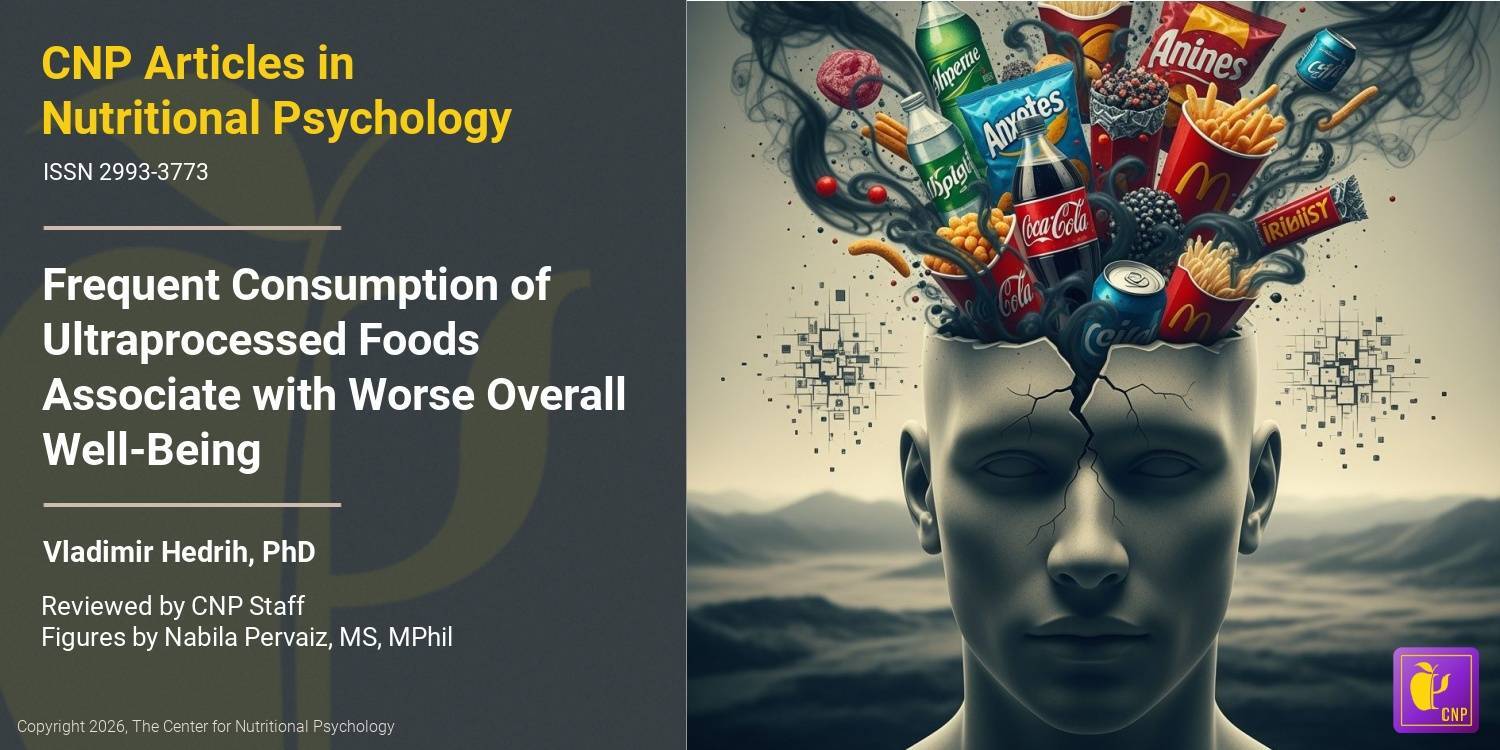The psychology of nutrition with advancing age: Focus on food neophobia

The nutritional status and eating habits of older persons are influenced by a variety of variables. To address these issues, tactics such as developing novel food products have been suggested. However, food neophobia (FN), defined as the reluctance or avoidance of new foods, could hinder the acceptance of these products. This study by Van Den Heuvel, Newbury & Appleton (2019) aimed to explore the links between FN, physical disadvantages, and demographic factors in adults aged 55 and older. Data from 377 older adults were analyzed to examine the relationship between food neophobia (FN) scores and physical limitations, such as wearing dentures, needing assistance with food shopping or preparation, and being at risk of sarcopenia. The analysis, which controlled for age group, gender, living situation, education, and employment, initially showed higher FN scores in people who wore dentures. However, after adjusting for demographic characteristics, food neophobia (FN) was no longer linked to denture use but was associated with older age, living alone, and having less education. These findings suggest that food neophobia (FN) may be more prevalent in older adults, those living alone, and those with lower levels of education, potentially acting as a barrier to the acceptance of novel foods/products. [NPID: Food neophobia, older adults, physical disadvantage]
Year: 2019

 Navigation
Navigation






